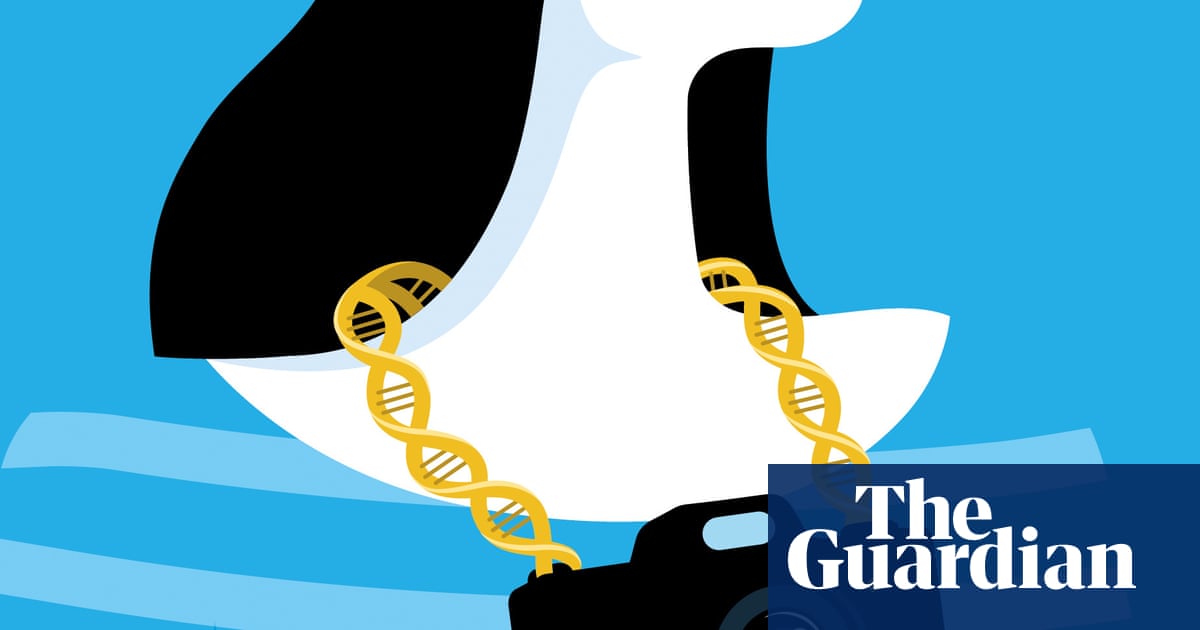turns off assassin’s Creed Yes
This is the best summary I could come up with:
From fretting about our health to debating how schools can accommodate non-neurotypical pupils, we reach for the idea that genes deliver answers to intimate questions about people’s outcomes and identities.
Recent research backs this up, showing that complex traits such as temperament, longevity, resilience to mental ill-health and even ideological leanings are all, to some extent, “hardwired”.
Scientists working in the emerging field of epigenetics have discovered the mechanism that allows lived experience and acquired knowledge to be passed on within one generation, by altering the shape of a particular gene.
The impact of the starvation your Dutch grandmother suffered during the second world war, for example, or the trauma inflicted on your grandfather when he fled his home as a refugee, might go on to shape your parents’ brains, their behaviours and eventually yours.
Carried out by Prof Kerry Ressler at Emory University, Georgia, the study’s findings neatly dissect the way in which a person’s behaviours are affected by ancestral experience.
Through a combination of these changes, the traumatic memories cascaded across generations to ensure the pups would acquire the hard-won wisdom that cherries might smell delicious, but were bad news.
The original article contains 1,239 words, the summary contains 190 words. Saved 85%. I’m a bot and I’m open source!

